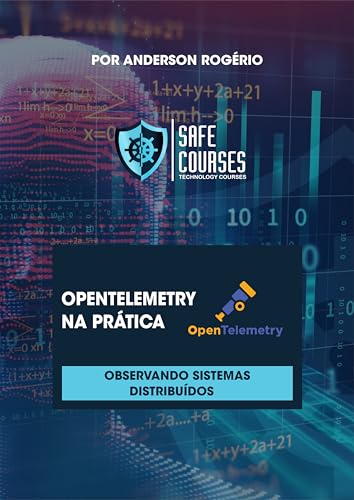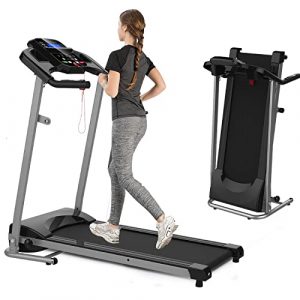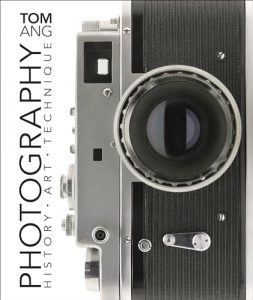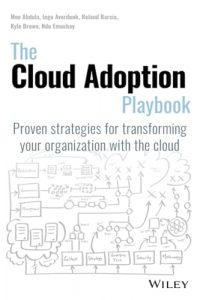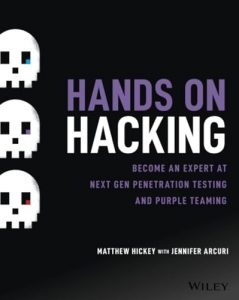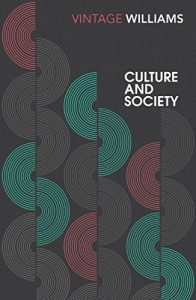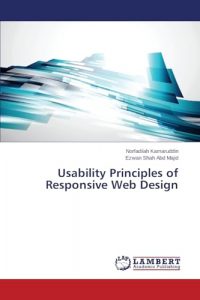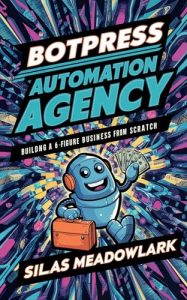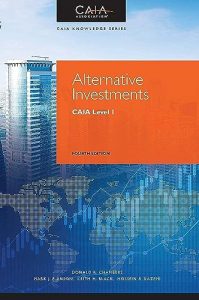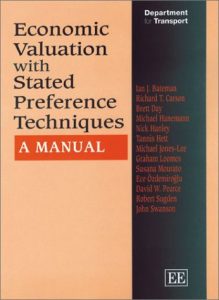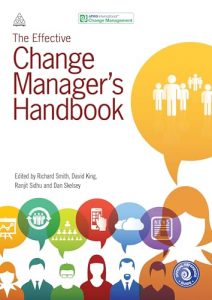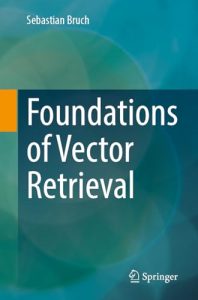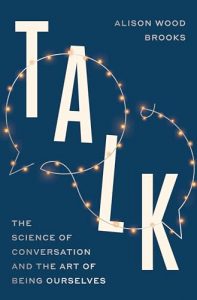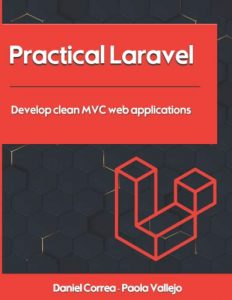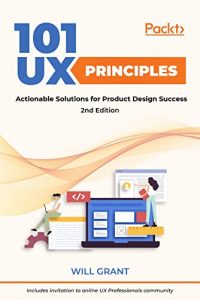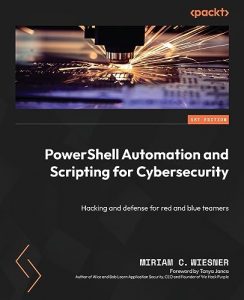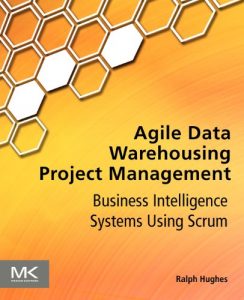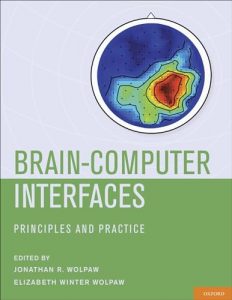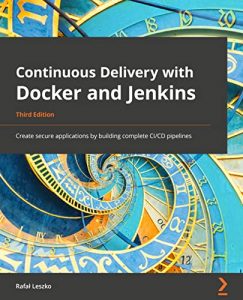Top Must-Read Books on Observability and Data Solutions
In today’s fast-paced digital landscape, understanding observability and data architecture is crucial for any tech professional. Here are some remarkable books that every data engineer and software developer should consider to navigate the complexities of modern systems.
1. OpenTelemetry na Prática: Observando Sistemas Distribuídos (Portuguese Edition)
Written by Rogério Anderson, this book offers an in-depth look at OpenTelemetry and its implementation in observing distributed systems. It captures practical insights that empower tech professionals to enhance their data observability skills. The engaging content and accessible language make it perfect for both beginners and experienced developers alike. It’s a comprehensive guide that not only highlights the theory behind OpenTelemetry but demonstrates how to apply it in real-world scenarios.
2. Distributed Tracing in Practice: Instrumenting, Analyzing, and Debugging Microservices
This essential guide authored by Parker Austin and team dives deep into the world of microservices and distributed tracing. It outlines not just the theory of distributed tracing but also provides practical advice on instrumenting, analyzing, and debugging microservices. In an era where microservices architecture is the norm, this book equips practitioners with the tools necessary to improve their system’s observability, ultimately leading to more robust applications.
3. Fundamentals of Data Observability: Implement Trustworthy End-to-End Data Solutions
Andy Petrella’s “Fundamentals of Data Observability” is a key resource for anyone looking to establish trustworthy and accurate data practices. The book covers core principles of data observability and provides actionable strategies that can be implemented immediately. It serves as both a theoretical background and a practical guide, ensuring readers can navigate the complexities of end-to-end data flows seamlessly. Perfect for data engineers and architects alike!
4. Articulating Design Decisions: Communicate with Stakeholders, Keep Your Sanity, and Deliver the Best User Experience
Tom Greever’s insightful book equips tech professionals with the skills to effectively communicate design decisions. While it may not focus solely on observability, the principles within are vital for any project that relies on stakeholder engagement and user experience considerations. The techniques outlined enable you to present your ideas clearly, making this book a great companion to technical undertakings.
5. Modern Distributed Tracing in .NET: A Practical Guide to Observability and Performance Analysis for Microservices
Liudmila Molkova provides a practical guide tailored specifically for .NET developers. This book dives into modern distributed tracing techniques, making it invaluable for those operating within .NET ecosystems. Despite the narrow focus, the principles learned can be universally applied to observability in other environments, making it a worthwhile read for anyone in the field of software development.
6. Software Telemetry: Reliable Logging and Monitoring
Jamie Riedesel’s “Software Telemetry” offers insights into effective logging and monitoring practices within software systems. It’s essential for tech teams aiming to establish reliable data pipelines. This book details how to implement telemetry effectively to ensure applications run smoothly and can be troubleshooted efficiently, making it a must-read for software engineers focused on performance and reliability.
7. O11Y Explained: (The Observability Book)
Daniel Salt’s “O11Y Explained” is an accessible resource that unpacks the concept of observability in modern applications. It explains complex ideas in a digestible way, helping readers grasp the importance of observability in ensuring system reliability. This book is perfect for tech leads and anyone seeking to enhance their knowledge of how observability fits into the broader software development lifecycle.
8. Business Requirements Gathering and Data Architecture Modeling: The Cornerstone for Data Quality, Data Governance, Database Design, and Master Data Management
Written by John Owens and Pam Walton, this book focuses on data architecture and business requirements gathering—cornerstones for effective data governance. It provides a comprehensive framework for data architects looking to ensure their database designs effectively support business goals while maintaining data quality. This book is a great addition to the toolkit of any data professional.
9. AWS Observability Handbook: Monitor, Trace, and Alert Your Cloud Applications with AWS’ Myriad Observability Tools
This comprehensive handbook by Phani Kumar Lingamallu and Fabio Braga de Oliveira delves into AWS’s vast suite of observability tools. It provides strategies for effectively monitoring cloud applications, making it essential for cloud developers and architects. The actionable insights and systematic approach help improve the performance and reliability of cloud-based applications.
10. Data Observability for Data Engineering: Proactive Strategies for Ensuring Data Accuracy and Addressing Broken Data Pipelines
Finally, Michele Pinto and Sammy El Khammal’s “Data Observability for Data Engineering” focuses on proactive strategies necessary for ensuring data accuracy and fixing broken data pipelines. This book is critical for data engineers who are responsible for maintaining high data quality across systems. It offers a practical perspective, ensuring that readers can implement solutions effectively.
These books offer valuable insights and practical advice for anyone working within data engineering, microservices, or observability domains. If you want to gain expertise in these increasingly important areas, grab your copies today!

